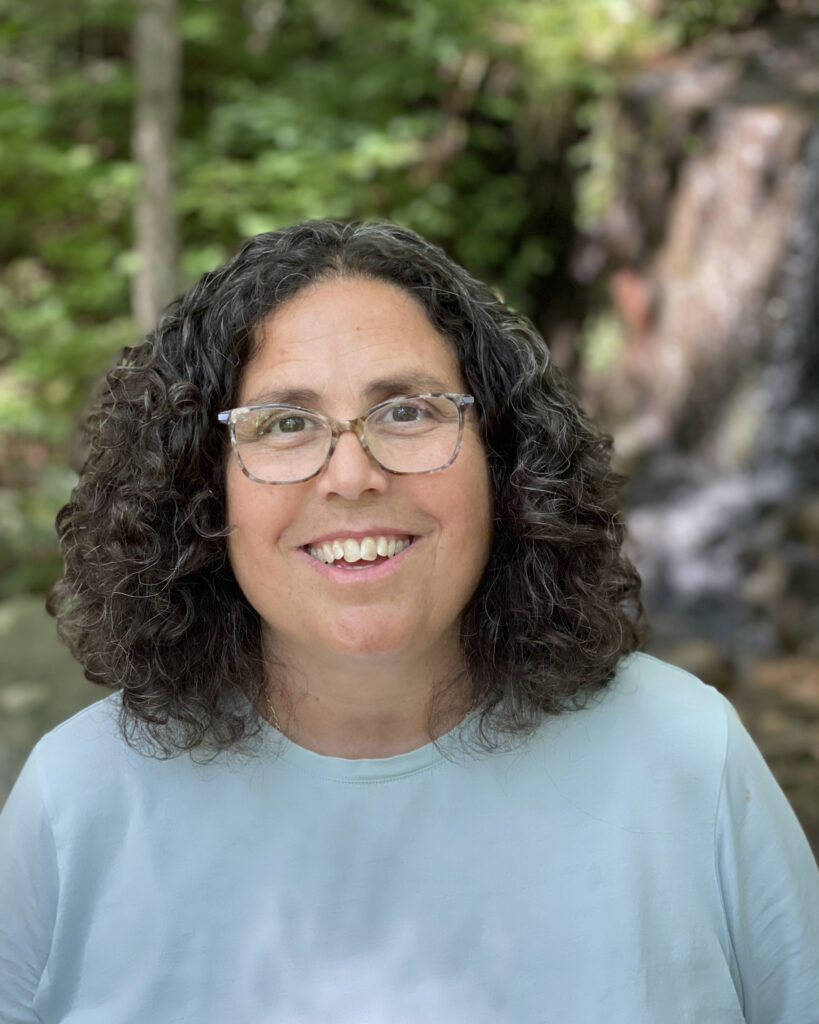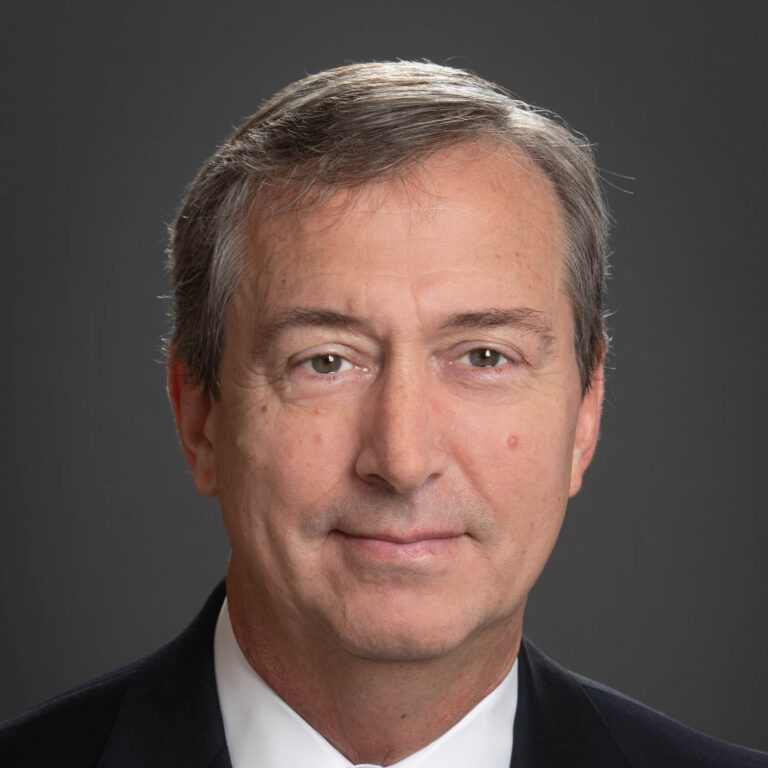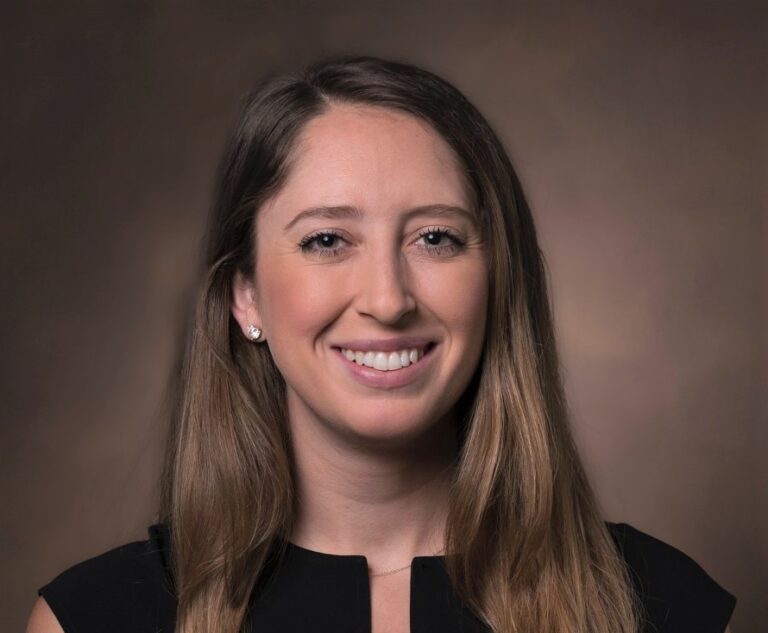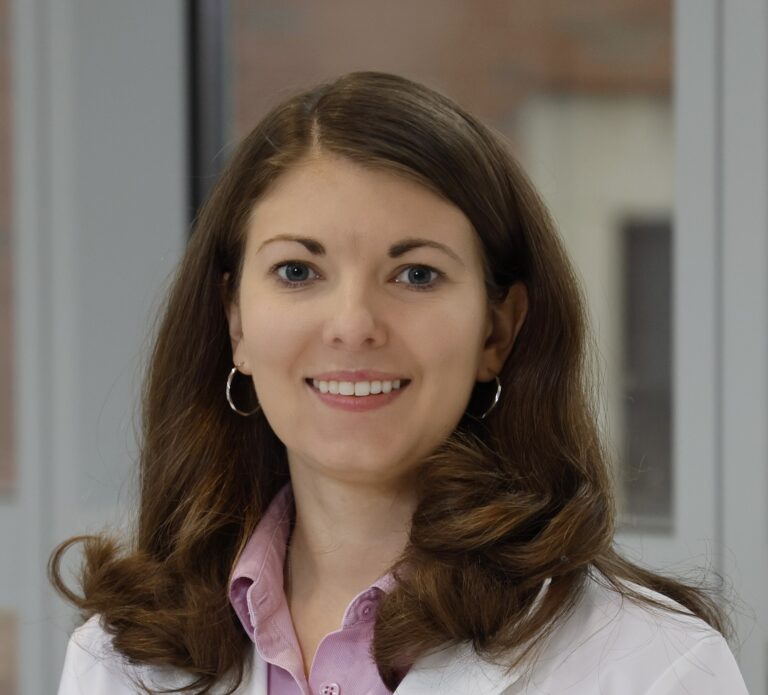Focus on IR/DR: Trustee Excited to Welcome IR/DR Trustees to Board
By Anne Covey, MD, ABR Trustee
October 2025;18(5):6

As yearly transitions take shape, with summer easing into fall and kids going back to school, it is also a time of change at the American Board of Radiology. I have had the incredible honor of serving as a member of the ABR Board of Trustees (BOT) for the last eight years, primarily overseeing the IR/DR exam writing committees and the IR/DR Oral Certifying Exam. Working side by side with outstanding leaders like John Kaufman, MD, MS, Jim Spies, MD, MPH, and Jeanne Laberge, MD, who came before me, and with Vicki Marx, MD, and Paul Rochon, MD, who came after, has been a true highlight of my career. In our next transition, I am excited to welcome two new Trustees to the group: the very capable Darryl Zuckerman, MD, and John Fritz Angle, MD.
A lot has happened since I joined the BOT in 2017. That year, the ABR transitioned the subspecialty certificate in interventional radiology to the specialty IR/DR certificate. Only a few years later, the ABR was forced by COVID to move to remote exams — and successfully created a new platform that allowed more flexibility for candidates, minimized travel, and at long last put an end to conducting oral exams in hotel rooms. This was time sensitive and incredibly important to get right. It took a herculean effort by the Exam Delivery and IT teams to make it happen. Now the Board is gearing up for another important challenge: the new Diagnostic Radiology Oral Exam that will be required of both DR and IR/DR candidates.
Before joining the Board, I had little understanding of how the ABR leadership was organized or, for that matter, the depth of thought and intense planning that goes into creating and delivering a reliable exam that is both fair to candidates and protects the public. Composed of 24 members who represent diverse fields in diagnostic and interventional radiology, radiation oncology, and medical physics, the BOT is responsible for the content, quality, and administration of all qualifying and certifying exams.
Creating high quality exams to allow candidates to demonstrate they possess the appropriate knowledge and skills to practice safely is a challenging and time-consuming task. It requires hundreds of volunteers, some donating several hours every month on top of clinical responsibilities, which seem to increase every year. As for my experience on the Board, somehow it has never really felt like work. It has been invigorating to meet and work with so many like-minded volunteers and ABR staff toward a singular goal. Even though it requires a lot of time and effort, it more than pays back in purpose and meaning.
As I reflect on my time on the Board, I am incredibly proud of what we have accomplished working hand in hand with the amazing ABR staff (who have a charming way of making it all happen while letting volunteers like me take most of the credit). I believe in the work that we do to serve the public and fellow radiologists. And more than that, the work serves as a daily reminder to me just how much I love this field.





